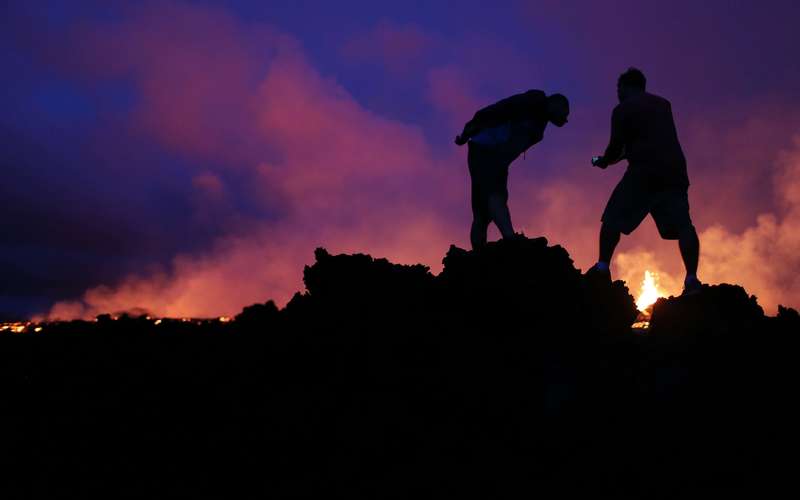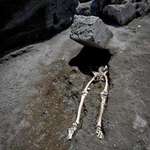The U.S. Geological Survey took a break from giving serious updates about Hawaii’s Kilauea volcanic eruption to confirm that no, you should not roast marshmallows over the scorching hot volcanic vents.
The USGS responded to one twitter user who asked, “Is it safe to roast marshmallows over volcanic vents?
Assuming you had a long enough stick, that is?
Or would the resulting marshmallows be poisonous?”.
Not only would it be unsafe, the USGS said, but the marshmallows would simply taste bad.
The USGS has issued a warning for the volcano — the highest alert-level possible that means a “hazardous eruption is imminent, underway or suspected,” according to the USGS website.
The agency had also issued a red-level aviation code, which warns an eruption is imminent or underway with significant volcanic ash and plume in the air. »




![image for Only the roads of Great Britain [OC]](ba2011bc-8b5a-5727-b3c4-17222deeea87_thumb.jpg)












